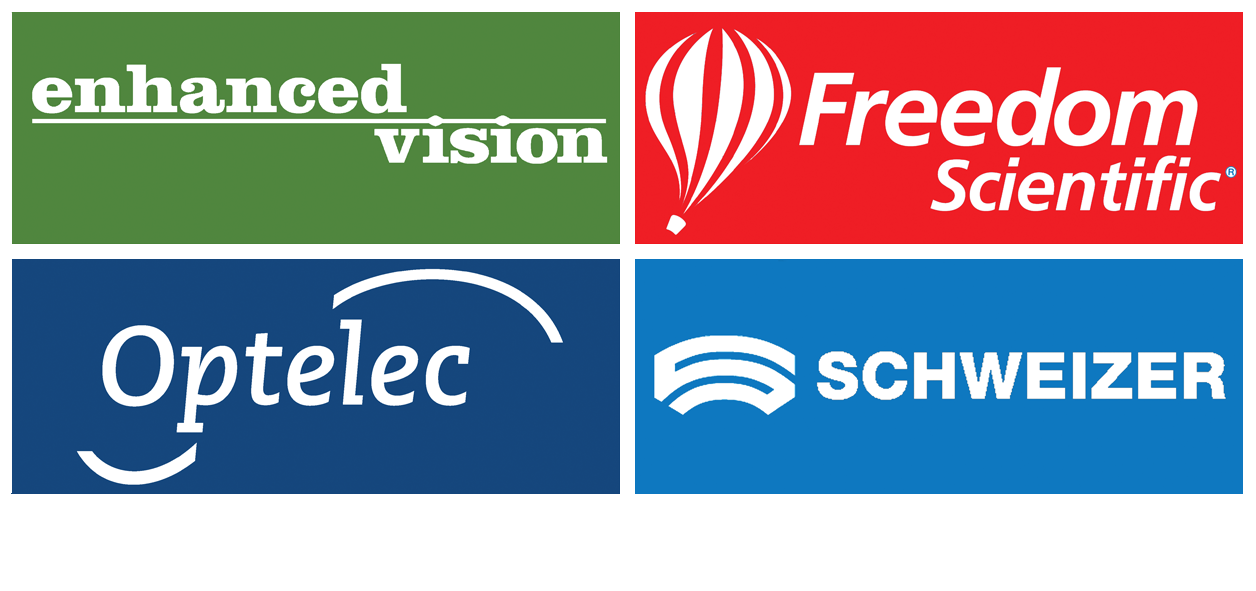
What are the First Signs of Having Cataracts: A Comprehensive Guide
When it comes to eye health, the question many people ask is, "What are the first signs of having cataracts?" This is an important topic that deserves thorough discussion. Cataracts can sneak up on you, often causing subtle changes in vision that you may not notice right away. In this comprehensive guide, we'll delve into the early symptoms, risk factors, and what you can do to protect your eyesight.
Early Warning Signs
Blurred Vision: One of the most common symptoms, almost like looking through a foggy window.
Difficulty with Night Vision: Struggling to see clearly when it gets dark? Time to take note.
Light Sensitivity: Sunlight or indoor lighting seem overwhelmingly bright? Could be an early sign.
Double Vision: Seeing double in one eye is often a telling symptom.
Colour Changes: The world starting to look more 'yellow'? Your perception of colours might be affected.
Why Blurred Vision is Often the First Symptom
Blurred vision is often the initial alarm bell for many people. Unlike other eye issues, cataracts affect the lens of your eye, making images appear blurred or cloudy. The reason behind this is that the proteins in the eye lens start to clump together, disrupting the path of light into the retina.
Some Key Points:
Natural Ageing: The process often begins with natural ageing.
Protein Aggregation: It's the proteins in your lens causing the trouble.
Gradual Onset: Unfortunately, it's a slow process, making early detection vital.
| Risk Factor | Explanation |
|---|---|
| Age | Cataracts primarily affect those over 40. |
| Diabetes | Increases the risk due to high sugar levels. |
| Smoking | Carcinogens in cigarettes speed up cataract formation. |
| Sun Exposure | UV rays can contribute to cataract development. |
Protecting Your Eyes from Cataracts
Worried about cataracts? Here are some steps you can take:
Regular Eye Checks: Visiting your optometrist annually is a great preventative measure.
Sunglasses: Opt for shades with 100% UV protection.
Nutrition: A balanced diet rich in antioxidants can help.
Quit Smoking: A no-brainer, given smoking's overall health risks.
A Word on Assistive Reading Devices
For those already experiencing vision issues, assistive reading devices from Low Vision Shop can be a real game-changer. From magnifiers to electronic readers, we have a variety of options to make reading easier and more enjoyable for you.
When to Seek Professional Help?
Don’t wait for the signs to get worse. If you notice any of these symptoms, schedule an appointment with an optometrist. They can assess your eye health and provide a plan of action. If cataracts are detected early, the treatment is often less invasive, offering better outcomes.
FAQs
Q: Can Younger People Get Cataracts?
A: Though rare, it’s possible. Conditions like diabetes, eye injury, or even some medications can cause cataracts at a younger age.
Q: Are Cataracts Reversible?
A: No, they're not reversible, but they are treatable. Surgery is the most common and effective treatment.
Q: What is the Recovery Time for Cataract Surgery?
A: Most people see an improvement within a few days and fully recover in about 8 weeks.
Understanding what the first signs of having cataracts are is the first step in proactively managing your eye health. Early detection is key, and there’s no better time to start paying attention to these signs than now. Remember, when it comes to your eyes, caution is always better than cure.

